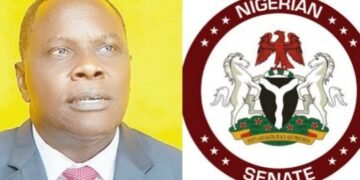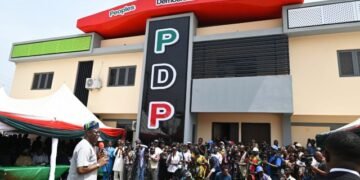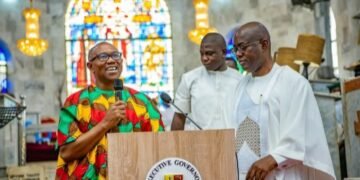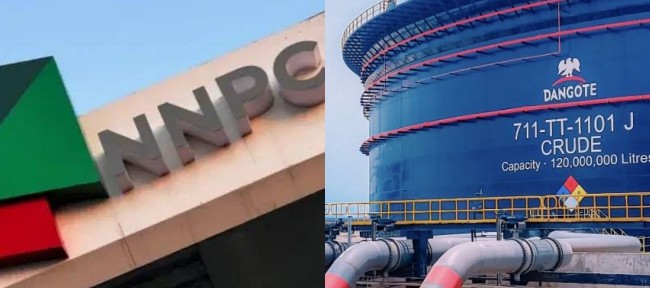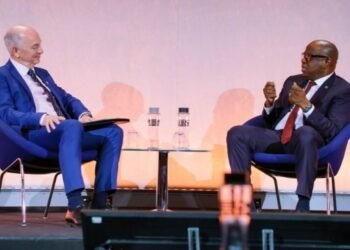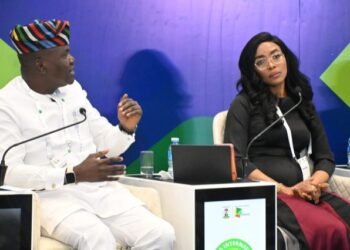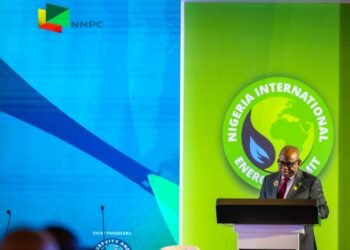Dangote Refinery Limited (DRL) has denied selling Petroleum Motor Spirit (PMS) to the Nigerian National Petroleum Company Limited (NNPCL) at ₦898 per litre.
The denial was coming on the heels of a statement credited to the NNPCL Chief Corporate Communications Officer, Olufemi Soneye, that the company bought PMS at ₦898 per litre from DRL, earlier today.
DRL Group Chief Branding and Communications Officer, Anthony Chiejina, stated in a statement dated 15 September that the statement by NNPCL was misleading and mischievous.
He said the claim by NNPCL to have bought the product at ₦898 per litre was “deliberately aimed at undermining the milestone achievement recorded today towards addressing energy insufficiency and insecurity, which has bedeviled the economy in the past 50 years.”
However, a source within NNPCL disclosed that the company has issued Letters of Credit for the product and also an invoice. NNPCL challenged the Management of DRL to disclose to Nigerians the actual cost of the litres of PMS it sold to the company.
The source, in a very short message, dared DRL to be honest about the transaction, stating that NNPCL has issued Letters of Credit for the product and also an invoice for the volume of litres bought from DRL.
“If it’s not ₦898, then what is the price? Let them inform Nigerians of the actual cost. We have issued Letters of Credit for the product, and there’s an invoice. Let them disclose the price,” the NNPCL source stated.
Chiejina urged Nigerians to await a formal announcement on the pricing, by the Technical Sub-Committee on Naira-based crude sales to local refineries, appointed by President Bola Tinubu.
DRL was silent on the exact amount it sold PMS per litre to NNPCL, disclosing that the sales would commence on 1 October, 2024, “bearing in mind that our current stock of crude was procured in dollars.”
The DRL spokesman however admitted that the company sold its products to NNPCL in dollars (without disclosing the amount involved), adding “with a lot of savings against what they are currently importing.
“With this action, there will be petrol in every local government area of the country regardless of their remote nature.
“We assure Nigerians of availability of quality petroleum product and putting an end to the endemic fuel scarcity in the country.”

